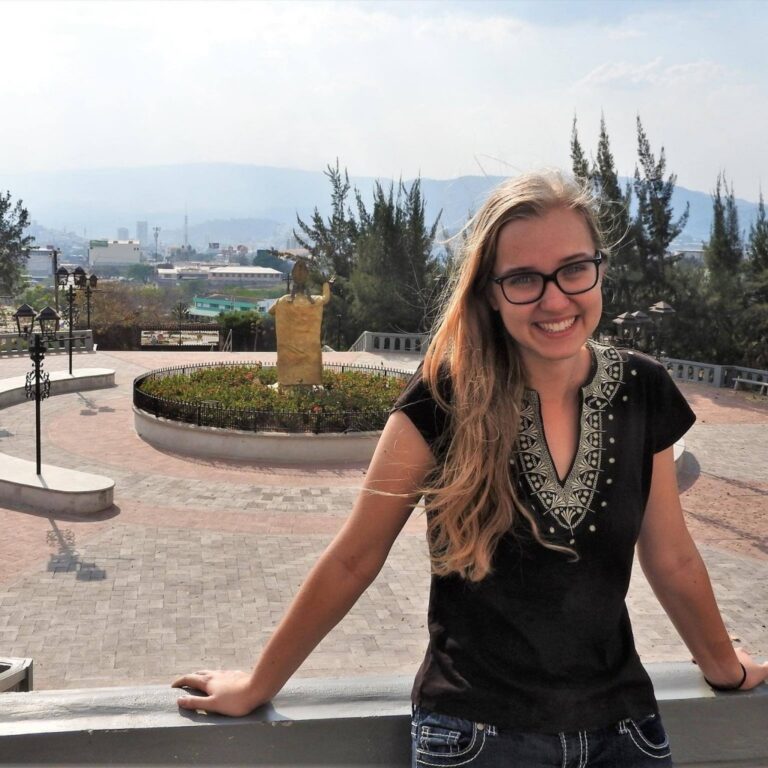Last month I got coffee with an older member of my church, someone who a half-century ago was at the forefront of the civil rights movement, and who now spends his time on feeding and housing projects in the city. Over pistachio croissants, the gentleman explained to me why he thought the church’s “transitional” housing program should become one that offered more permanent affordable housing.
“I’ve come to realize,” he said, “that there are some people in our society who we just need to take care of.”
Most social services in this country are predicated on the idea that given the right incentives, people will transform, or at the least reform. He saw these services as failing people who wouldn’t—or couldn’t change. Instead, he shrugged, “Taking care of [this small subset of the population] shouldn’t be a problem in a country as wealthy as our own.”
I had never heard social welfare described so generously. The tendency in the United States is to see poverty as an individual, moral failure. People quote Jesus’ words in the New Testament—“the poor you will always have with you”—to illustrate the futility of poverty alleviation, often in the same breath that they share the pseudo-Biblical “God helps those who help themselves.”
However, these programs take on a different cast in light of the verse in Deuteronomy that Jesus was alluding to: “There will never cease to be poor in the land. Therefore I command you, ‘You shall open wide your hand…’ ” (Deuteronomy 15:11, ESV).
I have sometimes struggled with the idea of charity, preferring to talk and think about work on structural injustices. Yet, I remembered over coffee, a broad view of justice may sometimes include simply “giving people a fish.”
I love the straightforward solution in the title of the book Just Give Money to the Poor by Hanlon, Barrientos, and Hulme. In global studies of cash transfer systems, the authors find that—either intuitively or unintuitively depending on your ideological bent—giving poor families money is a remarkably successful way to reduce poverty. In fact, regular cash transfers can have a lasting effect. In addition to supporting child nutrition and education, the difference of a few dollars can allow households to break out of survival mode in a way that offers generational impacts.
I am trying to say two things at the same time. First, most people who are poor are poor for no fault of their own. Given sufficiently stable resources and just and equitable access to jobs and markets—given money, enough of it and at the right time—these families will be able to leave poverty behind. Second, some people will not be able to make that transition regardless of the support provided. These people also deserve to eat, to be housed, to be healthy and safe.
But what if these people are just lazy? I think this is rarely the case, and if so—so what? What would our approach to poverty look like if we disabused ourselves of the notion that people were going to change? It feels almost sacrilegious to say this, counter to the American bootstraps myth. Can we imagine a society generous enough not to punish anyone with hunger?
But what if they are ungrateful? Charity that demands gratitude in return is not charity.
But what if this incentivizes dependence? If bare-minimum social safety nets are preferable to waged labor, that says more about minimum wage jobs than it does social services.
Frederick Herzberg was a behavioral scientist in the 1950s who proposed that workers are motivated not just by income but by workplaces that offer them challenges, recognition for their achievements, and opportunities to make decisions, hold responsibility, and do work that is meaningful. Are the complaints that “no one wants to work anymore” accompanied by a critical rethinking of workplaces that are dangerous or dehumanizing? For those who truly are able to work, the answer to chronic joblessness should not be to force someone by necessity into thankless work but to rethink the conditions we expect from workplaces.
This veers into systemic changes—and we need to see concerted political action to address these issues. In the meantime, however, we still need to feed the hungry. We still need to shelter the unhoused. This unconditional giving might look like a donation to your local mutual aid network or local teachers’ online wishlists. It might look like Give Directly or diaspora-run Venmo accounts that crop up after an international disaster.
We have the poor with us. I hope this feels not like resignation but like invitation—let us open wide our hands.
This originally appeared on the post calvin on August 20, 2022.

